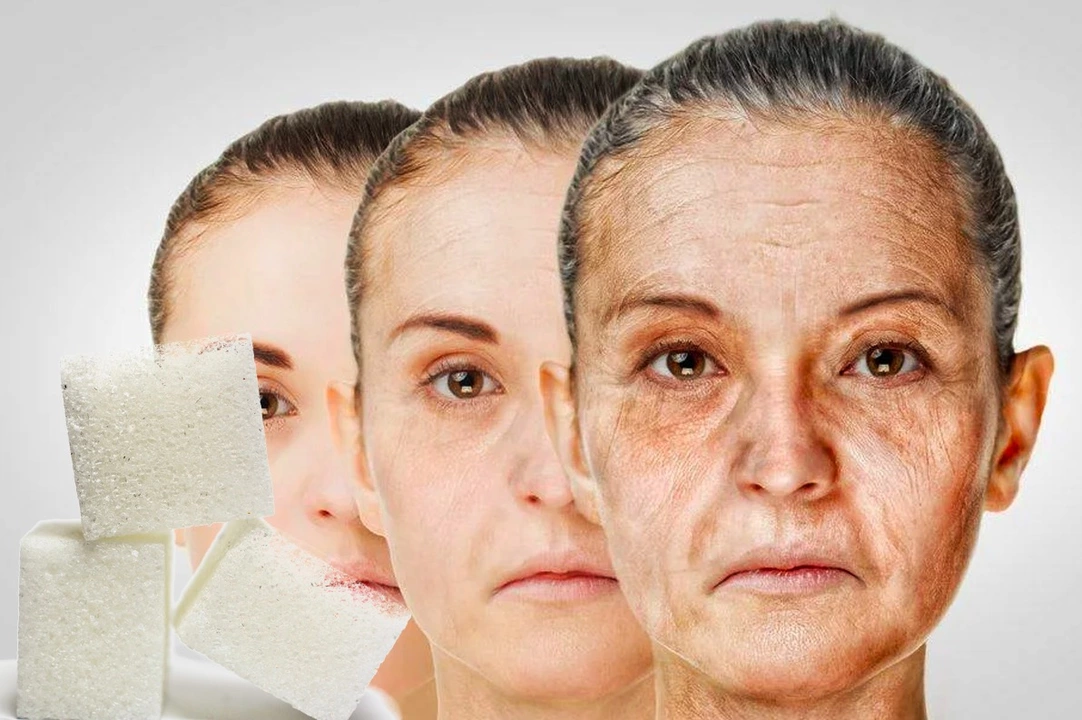Hormonal Changes: What They Mean & How to Manage Them
Ever wonder why you feel suddenly tired, moody, or gain weight out of the blue? Most of those moments are linked to hormonal changes. Your body is a chemistry lab that constantly adjusts hormones for growth, stress, and reproduction. When the balance tips, you notice it in everyday life.
Why Hormones Fluctuate
Your endocrine system releases chemicals like estrogen, testosterone, cortisol, and insulin. These messengers respond to age, diet, sleep, and even weather. Puberty kicks off a surge that shapes adult features. Pregnancy, menopause, and periods bring predictable swings. Stress spikes cortisol, which can knock other hormones off‑track.
Common Signs of Hormonal Shifts
Spotting a hormone wobble is easier than you think. Look for sudden mood swings, cravings, skin breakouts, weight changes around the belly, or trouble sleeping. Women often notice irregular periods or hot flashes; men might see reduced libido or slower muscle recovery. If several of these pop up together, it’s worth checking your hormone health.These symptoms aren’t always a crisis. Sometimes a short‑term stressor—like a tough work week—will push cortisol up and make you feel wired. Other times, long‑term issues like thyroid imbalance need medical attention. Listening to patterns over weeks helps separate a blip from a bigger problem.
One practical tip: keep a simple log. Write down how you feel, what you ate, and your sleep quality each day. After a couple of weeks you’ll see if certain foods or stressors line up with hormone‑related symptoms. This low‑effort habit can guide conversations with a doctor.
Nutrition plays a huge role in stabilizing hormones. Aim for balanced meals that include protein, healthy fats, and fiber. Foods rich in omega‑3s—like salmon, walnuts, or flaxseed—support hormone production. Cutting back on sugary drinks and processed snacks can lower insulin spikes that mess with other hormones.
Exercise is another steadying force. Regular movement, especially strength training, helps keep testosterone and growth hormone at healthy levels. Even a 20‑minute walk reduces cortisol after a stressful day. The key is consistency; short bursts work better than occasional marathon sessions.
Sleep can’t be ignored. During deep sleep your body releases growth hormone and repairs hormonal pathways. Aim for 7‑9 hours of uninterrupted rest. If you struggle to fall asleep, try dimming lights an hour before bed, limiting caffeine after noon, and keeping the bedroom cool.
If lifestyle tweaks don’t ease symptoms, consider a professional check‑up. Blood tests can reveal low thyroid, high cortisol, or imbalanced sex hormones. Doctors may suggest supplements like vitamin D, magnesium, or specific hormone therapies depending on your age and goals.
Remember, hormonal changes are normal—you’re not broken. They signal that something in your body is adapting. By paying attention to signs, eating smart, moving regularly, and getting enough sleep, you can keep the rollercoaster smooth and stay feeling balanced day after day.

As I've been researching the causes of age spot formation, I've discovered the significant role of hormonal changes in this process. It turns out that with age, our hormone production undergoes changes which can lead to an uneven distribution of melanin, the pigment responsible for our skin color. This results in the formation of age spots, which are essentially areas of hyperpigmentation. So, it's not just sun exposure that contributes to these spots, but our hormones play a crucial part as well. To minimize age spot formation, it's essential to maintain a healthy lifestyle and consider hormone therapy when necessary.
Read More